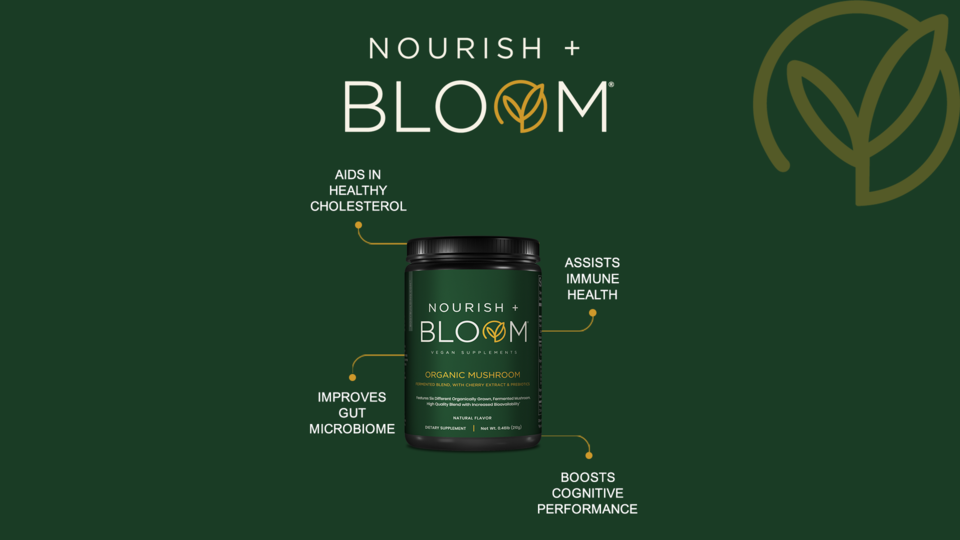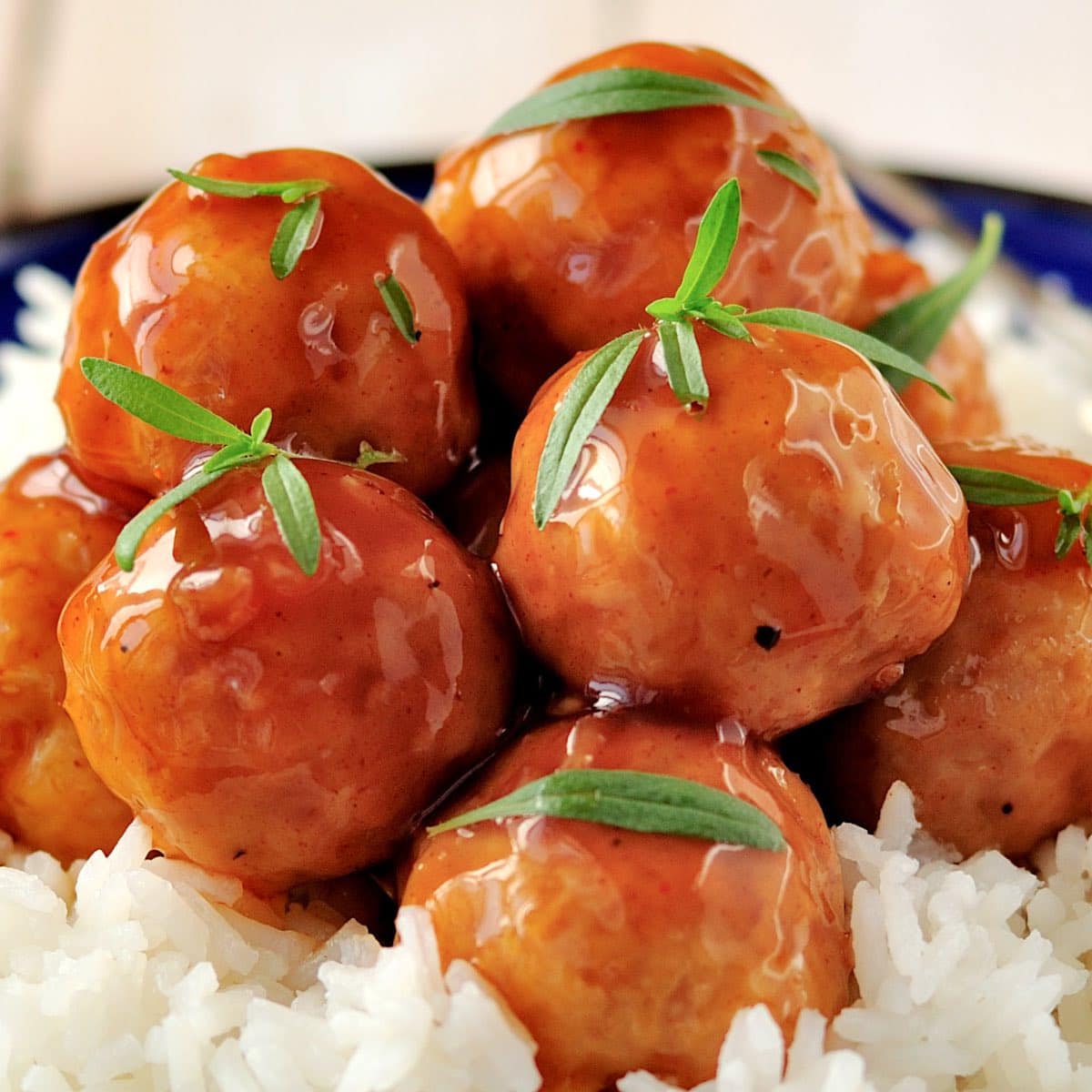Bodybuilding.com’s newest line of plant-based supplements features this organic mushroom supplement to help boost your immune and digestive systems. In one 7-gram scoop you will have four grams of dietary fiber made from a prebiotic blend of Inulin, green tea leaf extract, and fermented ginger root. You will also get 1510 mg of six organic fermented mushrooms including cordyceps, reishi, royal sun, shiitake, maitake, and turkey tails. As an added bonus, you will get 248 mg of Acerola cherry extract to boost your vitamin C levels.
This mushroom mix will provide you with a variety of amino acids, volatile oils, carotenoids, phenolic compounds, flavonoids, 18 minerals and 5 vitamins (1).
Cordyceps Militaris are bright orange mushrooms used in Asian ethnomedicine because of its various therapeutic qualities for being adaptogenic, anti-inflammatory, anti-oxidative, immune regulating, and anti-fatigue (2). Cordyceps contain many beneficial components such as cordycepin, gamma-aminobutyric acid (GABA), high levels of amino acids like l-arginine, Ergothioneine, phenolic acids and flavonoids (3)(4). Cordycepin (or 3’-deoxyadenosine) is a novel bio-metabolite that has potent anti-oxidant and anti-inflammatory effects (5)(6). Cordycepin could be a potentially game changing workout supplement because it is an indirect precursor of ATP similar to creatine and enhances nitric oxide (NO) to enhance blood flow and performance (6)(7)(8).
Reishi Mushrooms or lingzhi or ganoderma lucidum are used extensively in Eastern medicine for the past 2000 years to enhance energy, maintain blood glucose levels, enhance the immune system, and have pharmacological potential for diabetes, inflammation, epilepsy, neurodegeneration, cancer, anxiety, sedation, cardiac diseases, depression, hepatic diseases, and immune disorders (9)(10). The three main physiologically active constituents are polysaccharides, peptidoglycans, and triterpenes which account for the broad range of reported bioactivities, including anti-inflammatory, hypoglycemic, antiulcer, antitumorigenic, and immunostimulating effects (11). In a randomized, double-blind and placebo-controlled study, researchers determined that reishi mushroom extract minimized symptoms of fatigue, irritability, headache, and lassitude (12).
Sun mushrooms or Himematsutake or agaricus blazei are traditionally used in Brazil and Japanese to treat various ailments (13)(14). The scientific literature suggests that these mushrooms have nutritional and therapeutic uses but more research still needs to be performed (15). Agaricus blazei contain phenolics, β-glucans, and lipophilic compounds that support claims of antioxidant, anti-inflammatory and immunomodulatory effects (15)(16). In an animal study, agaricus blazei extract promoted positive immunomodulation by enhancing levels of interleukein-6 and interferon-gamma (17).
Shiitake or lentinus edodes is a culinary and medicinal mushroom rich in amino acids, fiber, minerals, vitamins, antioxidant compounds, and β-glucans which can have potent antioxidant, anti-inflammatory and regenerative properties due to presence of many bioactive compounds such as ergothioneine. (18)(19). A randomized, double-blind, placebo-controlled study found that shiitake helped participants by minimizing triglycerides levels, total cholesterol, low-density lipoprotein, glucose, and oxidative stress (19). A 4-week human trial found that daily shiitake mushroom supplement enhanced cell function, gut immunity, and minimized inflammation (20)
Hen-of-the-woods or Maitake or grifola frondosa is a Japanese mushroom characterized by overlapping caps. It is increasingly being recognized as a potent source of bioactive proteins and peptides, polysaccharide, and β-glucans with dramatic health-promoting potential (21). The main benefits of these maitake mushrooms are enhancement of immune-related cells such as cytotoxic T-cells and natural killer (NK) cells, promoting gut microbiota, and supporting blood sugar levels, lipid metabolism, and hypertension (22).
Turkey Tail or trametes versicolor is a mushroom used in traditional Chinese medicine for 2000 years for its ability to enhance endurance and longevity (23). It has high levels of amino acids, phenolic compounds, polysaccharides, and flavonoids which could explain its immune-activating bioactivity (24) (25). Most importantly, turkey tail mushrooms contain polysaccharide K which has shown promise in supporting immune function versus cancer cells in some animal and human studies (23)(26)(27).
References
-
#B64-foods-10-02634



































